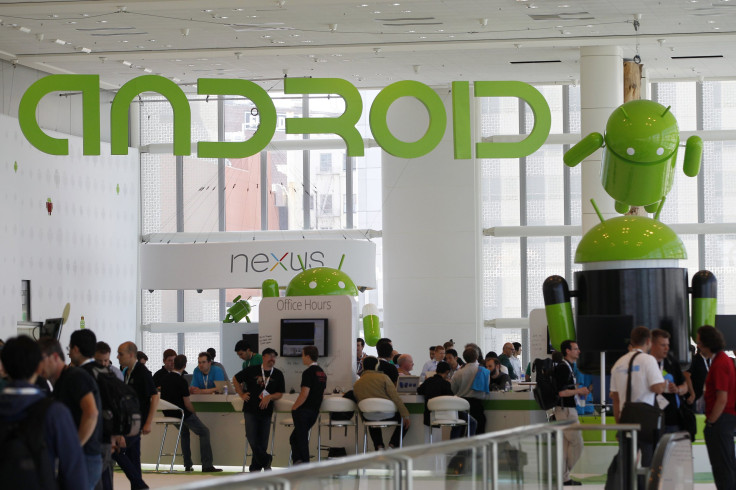Oreo Brings Android Closer to iOS With Better Control, Efficiency

Google’s new Android iteration — Android Oreo — was launched Monday, and the operating system promises a cleaner, efficient and most importantly better controlled usage with the new update.
The many background processes running on the current Android Nougat phone eat up battery and cause lags in everyday functioning of the device and the software.
But now the new iteration will give a feel similar to Apple’s iOS which prides itself on cleaner UI and more efficient functioning.
Android Oreo comes with a background execution limit, which shuts the background processes of apps that are not in immediate usage.
For example, opening multiple apps such as Facebook and WhatsApp on your device triggers a host of background processes associated with the apps; with the new reiteration, all these process will be killed after a short period of non-usage, hence making the phone work more efficiently.
The apps might be there on your screen, but unless you are using these apps proactively, the background processes linked to them will be shut off. Before shutting them off, the operating system will evaluate if they are associated with any active processes or whether any activities associated with the app are taking place.
These processes are all provided a short window, and if they are not used for any activity in the foreground during that period, they are shut off.
This will not just save battery, but will also improve performance since the background processes and apps will not be hogging the RAM anymore.
Android has done this before on a minimal scale, but not as efficiently as Oreo will do it. The new smarter limitations will classify background apps as idle or in usage and keep them quiet but ready to respond at the earliest.
The new update will also limit broadcasts, which are done by the system itself when certain processes are initiated. When you switch on your phone or turn off airplane mode, a broadcast is sent to apps to activate them and let them know that the process is switched on. This means that apps have to be always on alert for these broadcasts and hence consume battery.
This process will stop happening with Oreo. An app will only be able to listen to broadcasts, if it is active and functioning. Simply, if a user is not using an app, what difference should the switching off/on of the airplane mode make? Every app will listen for broadcasts when active, and act accordingly.
Google’s main rival in operating system, Apple, uses a similar, decluttered way of functioning in its iOS operating system; therefore it is renowned for its cleaner and more efficient operating system as compared to Android, which has a reputation of being messy when it comes to background processes.
This entails that in terms of user friendliness and overall usability, Android Oreo brings the operating system closer to Apple's iOS.
© Copyright IBTimes 2025. All rights reserved.



















